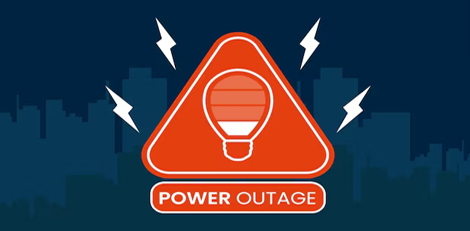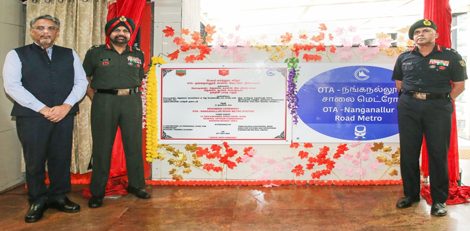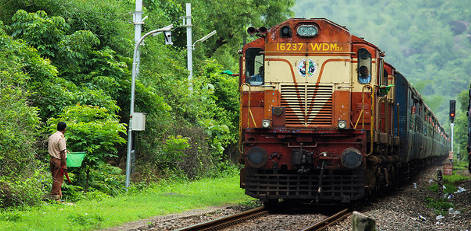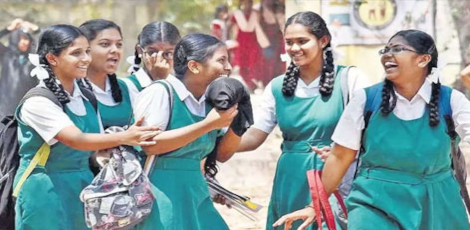How will traders benefit from GST?
Posted on: 28/Jun/2017 4:41:22 PM
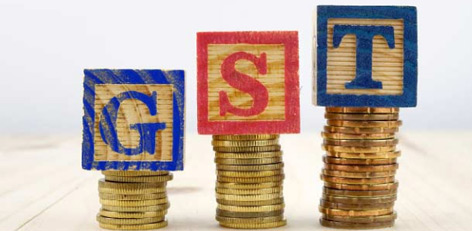
Here are some questions and answers regarding GST.
How will the small/micro traders without the requisite technology will file GST?
Though they may not have the required technology filing GST details, they can visit the website of TRPS - Tax Return Preparer Scheme.
A Taxpayer can visit this website and fill up the forms by entering the required details, the filing of tax payments is done. However, if there are any errors in the filled details, the taxpayer will be held responsible.
As another option, the taxpayer can file the data in Facilitation Centres. The personnel in Facilitation Centre will give the forms to be filled. Once the details are entered, they will upload the data given by using the identification code and the password. They will be given some documents after the filing is done and the taxpayer has to keep these documents safely.
Is it possible to make corrections in the GST Registration Certificate?
Corrections will be permitted if done within 15 days of submission of the application. However, only a specific authority has got the rights to carry out certain important particulars. However, permission is given to correct other data in the GST form online.
Is it necessary that those who do not pay GST also have to register?
Though it is not compulsory for the non-GST payer to register, it is recommended. By this voluntary registration, the non-GST payer comes under the legal domain.
The laws applicable to GST payer will remain applicable to the non-GST payer. This may be helpful to get Input Tax Credit in future.
Who are all required to register GST as per the Law?
All people who trade/sell items which are under various GST slabs must register in GST. As the name GST suggests, there are 2 aspects � paying the tax slabs for the goods sold and paying the service charges for the services offered.
If the total financial transaction of an individual exceeds Rs. 20 Lakhs, he/she has to come forward on his/her own to register the details. As per the Indian Constitution Law Section 279A (4) (g), the traders who do business in Jammu and Kashmir and the Northeastern States will have register GST data even if the annual transaction is above Rs. 10 Lakhs.
Who are all not required to register?
The farmer who sells his own agricultural produce from his land need not register GST. Also, those who sell items without any tax as per GST Law or items or services which fall under the 0% GST slab need not register GST details. However, GST recommends bringing all trade to be under GST system.
Can a trader, doing business in several states, can file his GST details in a single place?
GST does not allow this. As per the CGST/SGST laws, if a trader does business in more than 1 state, he/she will have to register GST details in each state separately for the business done in that state.
Can a trade who has not registered for GST collect taxes? Can he/she get Input Tax Credit?
A trader who has not registered for GST cannot collect taxes from his/her customers. He/she cannot get Input Tax Credit.
What benefits does a trader earn through GST?
Under GST, the trading and taxing system get streamlined. Also, the prevailing system of more than 1 tax on items gets eliminated. The goods and services are registered properly and the necessary taxes paid.
The trader gets legally authorized to continue his business. The taxes pertaining to internal (input) goods and services can be deducted from the total taxes to be paid. They can legally collect the taxes from the buyers. There are prospects that the trader who has registered in GST to avail other benefits and concessions offered under the GST Law.
If the goods sold are returned?
In case the goods are returned, the seller has to send a Credit note to the buyer who returned the goods containing the details of the goods sent.
The details of the credit note must be attached to the monthly GST filling.
The receiver will record this in his GST register or in the comments presented for getting Input Tax Credit. These details entered separately by the seller and the returner will be compared for verification. Both parties will be notified.
When goods are transported, if the transportation is deemed as a service, who has to pay this Service Tax?
If this trading is done in a single state, the receiver�s place will be deemed as the trading point. In case he/she has not registered for GST, the place where the goods are delivered will be deemed as a point of trade/service.
Apart from the international transport services, as all domestic transportation is concerned, the destination point will be counted as the point of trade/service.
If it is a courier service, the place of the address where it is delivered will be deemed as the point of trade. If this item is delivered in India, irrespective of the quantity, the trade will be deemed as conducted in India.


